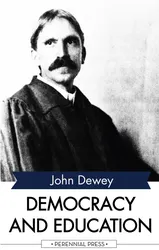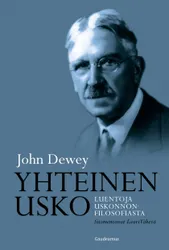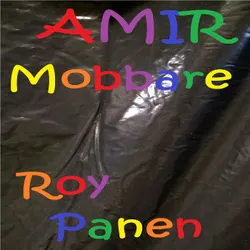John Dewey (1859-1952) is an American philosopher and psychologist most notably remembered for his theories on progressive education. He grew up in the rapidly industrializing town of Burlington, Vermont, where he was able to witness increasing social and economic division of the classes. Although he displayed little vivacity or imagination as a child, he was immensely analytical and spent years teaching and writing on a wide range of philosophical ideas. Of his twenty-one books and countless articles, "Human Nature and Conduct" is one of his best-known; it draws from Dewey's West Memorial Foundation lectures at Stanford University. This work criticizes the morality of the past as being too abstract and reliant on arbitrary rules rather than on a scientific understanding of human nature. Dewey argues that truth changes over time, and therefore life must be based on human experiences and utilizing one's knowledge in coping with those experiences.
Human Nature and Conduct (Serapis Classics)
Om den här boken
John Dewey (1859-1952) is an American philosopher and psychologist most notably remembered for his theories on progressive education. He grew up in the rapidly industrializing town of Burlington, Vermont, where he was able to witness increasing social and economic division of the classes. Although he displayed little vivacity or imagination as a child, he was immensely analytical and spent years teaching and writing on a wide range of philosophical ideas. Of his twenty-one books and countless articles, "Human Nature and Conduct" is one of his best-known; it draws from Dewey's West Memorial Foundation lectures at Stanford University. This work criticizes the morality of the past as being too abstract and reliant on arbitrary rules rather than on a scientific understanding of human nature. Dewey argues that truth changes over time, and therefore life must be based on human experiences and utilizing one's knowledge in coping with those experiences.
Kom igång med den här boken idag för 0 kr
- Få full tillgång till alla böcker i appen under provperioden
- Ingen bindningstid, avsluta när du vill
Författare:
Språk:
Engelska
Format:

Delphi Complete Works of John Dewey Illustrated

Democracy and Education

Democracy and Education

Experience And Education

Yhteinen usko : Luentoja uskonnonfilosofiasta

Naturaleza humana y conducta : Introducción a la psicología social

JOHN DEWEY Premium Collection : Enriched edition. 40+ Books in One Single Volume

China, Japan and U.S.A: The Geopolitical Analysis : Geopolitical Analysis on the Impact of Eastern Powers on United States

The Schools of Utopia & Schools of To-morrow : Illustrated Edition

China, Japan and the U.S.A : Geopolitical Analysis on the Impact of Eastern Powers on United States

The Universal Compass for All Educators

Moral Principles in Education












